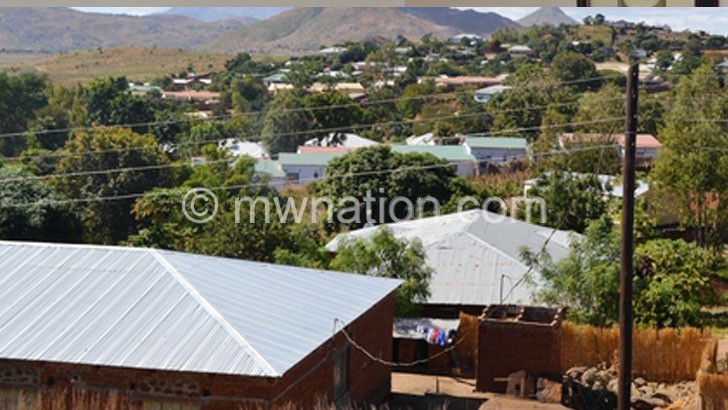Low-income customers on Electricity Supply Corporation of Malawi (Escom) power grid will now start accessing electricity at a lower rate following the change in pricing mechanism for domestic customers.
This follows Escom’s implementation of a life-line tariff for domestic customers approved by Malawi Energy Regulatory Authority (Mera) in October 2018 as part of the four-year base tariff application.

Under this pricing mechanism, all customers are entitled to a maximum of 50 units per month at a lower rate regardless of the number of purchases made in that month.
Further to this, any subsequent purchases of units over and above the first 50 units will be charged at a higher rate.
Meanwhile, the first 50 units of electricity will cost K47.50 per unit while purchases above 50 units will now cost K67.25 from K63.79 per unit.
This means that each customer will enjoy up to K20 000 worth of cheaper units per month.
Escom public relations manager Innocent Chitosi said in an interview on Sunday that the initiative will cover 84 percent of their customer base.
“When one considers the number of customers who can spend up to K20 000 per month, it will be clear that this is not for a minority as others may think. The life-line tariff, as the name suggests, is meant to help low-income earners to comfortably access electricity for all their household needs.
“The convenience in using electricity for their needs will spur development at household level, and through ripple effect, at national level as time and money will be saved,” he said.
However, Consumers Association of Malawi (Cama) executive director John Kapito said while 50 units is too small to many consumers, Escom should explain the criteria used to come up with the 50 units limit.
He said: “If indeed 50 units is what is used by these groups, then it only explains that we have a huge problem in Malawi on disposable incomes.
“Escom needs, therefore, to clarify the criteria of 50 units as it looks too little and unrealistic. We would have wished if this process of coming up with the criteria was done in consultation with Mera as a regulator for purposes of accountability and transparency,” he said.
But Chitosi explained that the tariff mechanism was subjected to a transparent consultative process where Cama participated in all the three regional consultative conferences.
When approving electricity tariffs last year, Mera board chairperson the Reverend Joseph Bvumbwe said the adjustment will vary on yearly basis, adding that the 31.8 percent would translate to an average tariff of K95.15 per kilowatt per hour (kWh) against K117.64/kWh which Escom requested, representing a 60 percent increase.
However, Mera rejected Escom’s proposal and instead reduced it to 31.8 percent spread over four years with 20 percent which was effective October 1 2018.
Source: The Nation-Business News_Tuesday, 2 April, 2019_By Chikondi Chiyembekeza- Staff Writer
